Can glass produce electricity? A Swedish company claims that it can!

They produce semi-transparent solar panels that can generate solar energy from glass facades, windows and glass roofs
They produce semi-transparent solar panels that can generate solar energy from glass facades, windows and glass roofs
SolTech Energy, a Sweden-based company, has developed solar energy solutions suitable for all types of property. Among their innovative products are thin-film solar cells, transparent thin-film solar cells and unique roofing tiles made out of ordinary transparent glass, which collect the sun’s energy, providing heat to the building via a special heating system.
The tiles, made from ordinary glass and weighing about the same as those made of clay, are installed on top of a black nylon canvas. The black color absorbs heat from the sun and makes the air inside the air slots mounted under the nylon to circulate. The hot air is then used to heat up water, which is connected to the house’s heating system via an accumulator. The system also has the capacity to store heat in the isolating layers of air under the canvas, meaning that it saves energy throughout the year, even during winter days and at night time. The SolTech Energy System generates about 350 kWh heat per m2 (10 ft2), depending on climate, angle of the roof and cardinal direction.
In 2009, the company won a gold medal for the year’s “Hottest New Material†for its glass tiles by North Building Fair, Nordbygg, whereas at Nordbygg 2016, SolTech Energy in collaboration with Sapa Building Systems presented a new type of solar cells where you can even design the active solar cell’s producing surface.
In the image below, all dark surfaces in the picture (the tree and children) are active solar cells:
Source: Inhabitat

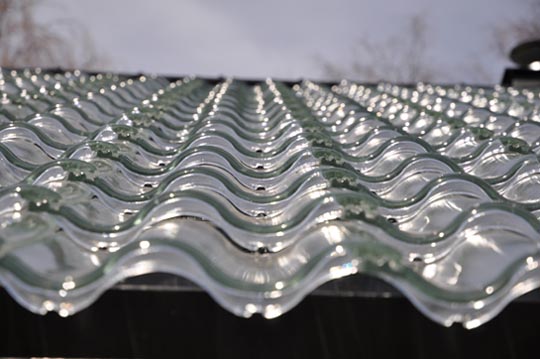
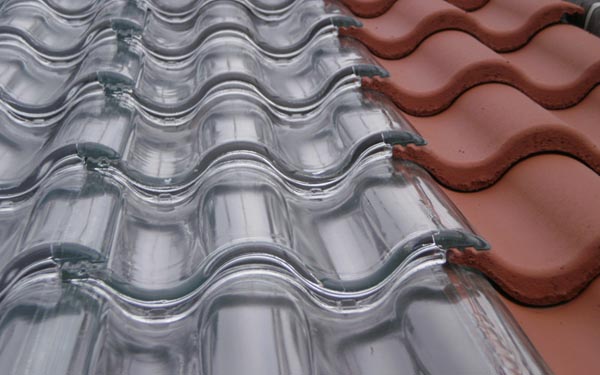

Source: Inhabitat
Want to read more like this story?
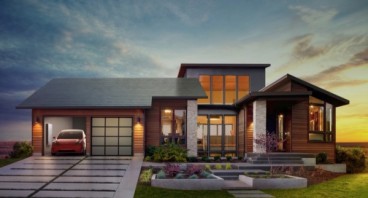
Tesla’s Solar Roof is the new way to power your home with solar power
Nov, 28, 2016 | NewsThese glass shingles double as solar panels These glass shingles double as solar panels On Octob...
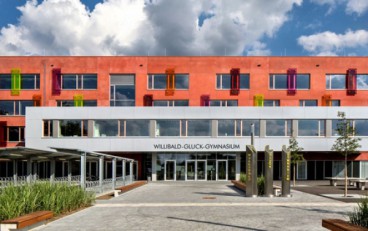
This new, energy-optimized school building utilizes solar and near-surface geothermal energy
Oct, 02, 2017 | NewsDuring its first year of operation, the heat pumps have contributed their planned share to the heat...
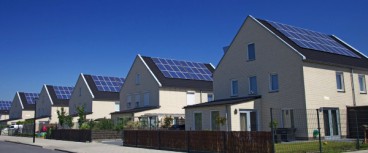
Things to consider when going solar...
Aug, 04, 2016 | NewsReview these prerequisites before time, to make the installation process run much smoother Review...
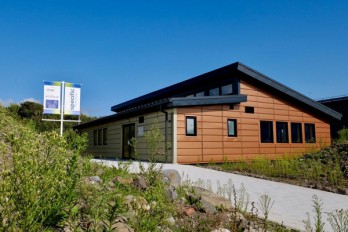
UK’s first energy-positive office opens in Swansea
Jul, 16, 2018 | NewsThe UK's first energy-positive classroom generates more than one and a half times the solar energy i...
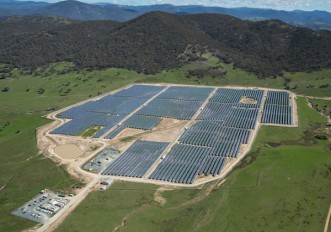
2016 was a milestone for large-scale solar energy projects in Australia
May, 15, 2017 | NewsWind power has also gained ground in the country as its cost has fallen Wind power has also gaine...
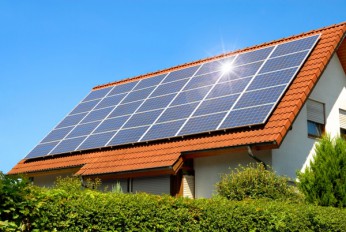
2016 will be a Solar-bright Year!
Mar, 21, 2016 | NewsThe solar sector will most likely add more new electricity-generating capacity than any other The...
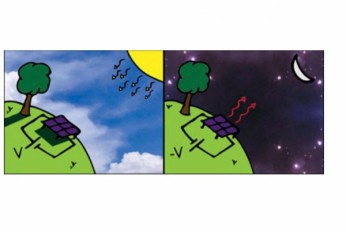
Scientists develop solar panels that can produce energy during the night
Nov, 15, 2019 | NewsScientists from the University of California, Davis, have developed new solar panels that can genera...
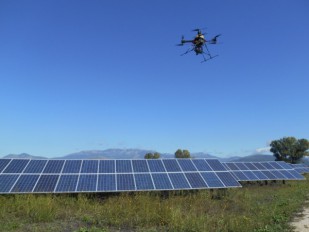
Drones may help in designing future solar farms
Apr, 18, 2017 | NewsThey can get the job done more quickly and efficiently, while reducing the costs involved They ca...
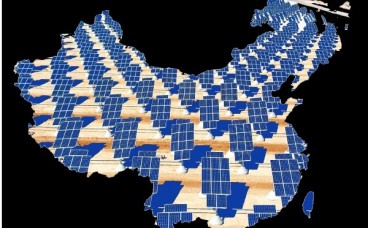
China is the world's biggest producer of solar energy by capacity
Feb, 16, 2017 | NewsThe country’s solar power capacity almost doubled in 2016 The country’s solar power c...
Trending

Taipei 101’s impressive tuned mass damper
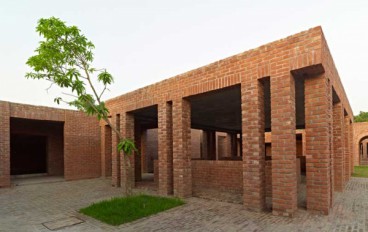
Characteristics of Load Bearing Masonry Construction

The Billion-Dollar Airport Boom: 2025 Megaprojects Shaping the Skies

China Completes World’s Longest Expressway Tunnel, Redefining Connectivity
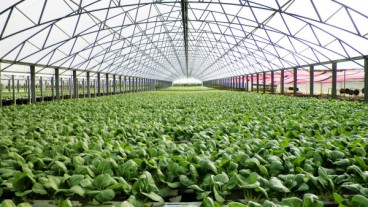
Dutch greenhouses have revolutionized modern farming



